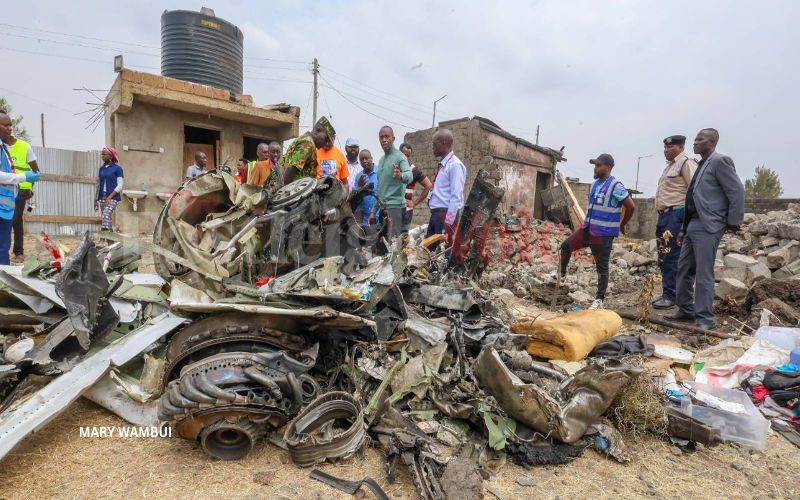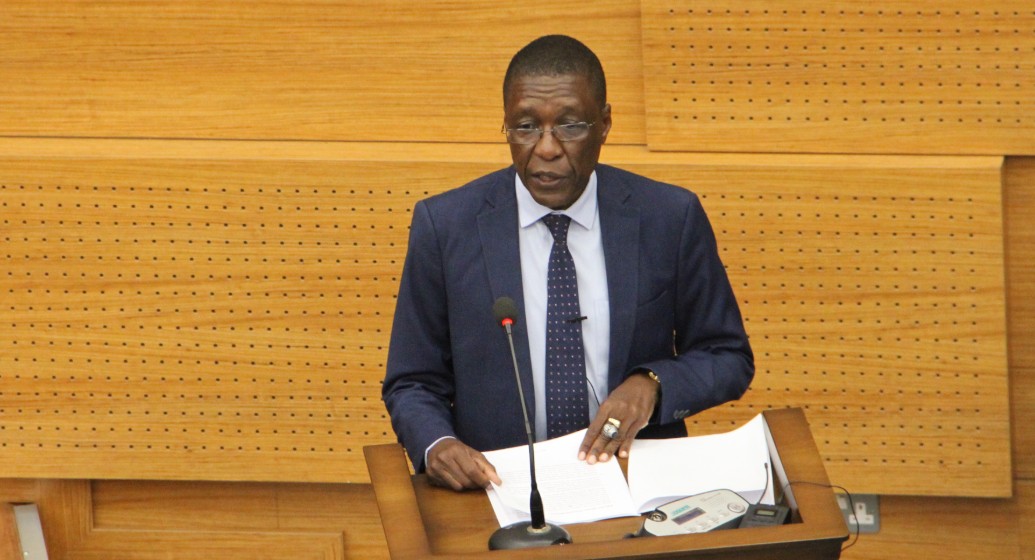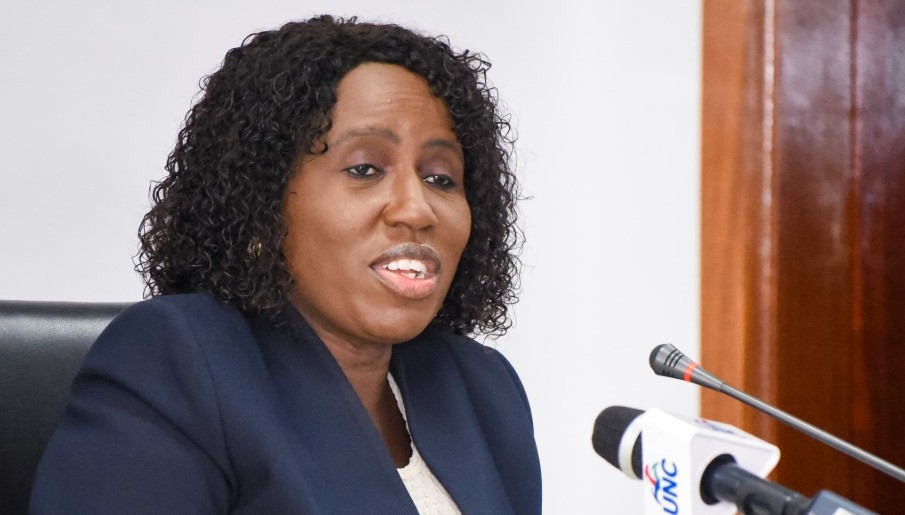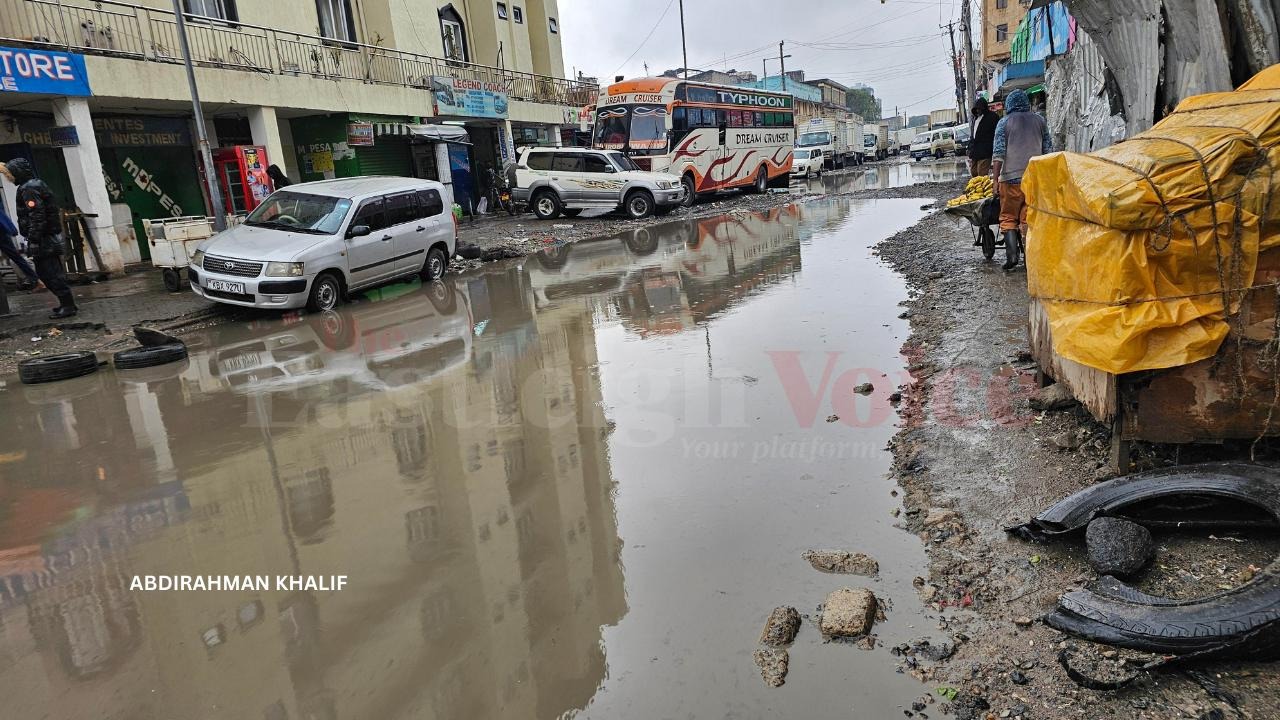From Kenya to Ghana: Why Africa’s skies remain unsafe amid human error, regulatory gaps

From Ghana’s deadly crash to Kenya’s mid-air tragedies, experts warn that negligence, weak oversight, climate chaos, and above all, human error are putting more passengers at risk.
In recent months, Africa’s aviation industry has been under growing scrutiny as a series of fatal crashes has raised concerns about pilot training, regulatory enforcement, maintenance practices, weather preparedness, and other critical safety issues.
On August 6, tragedy struck in Ghana when a Harbin Z-9EH military helicopter operated by the air force crashed into a forested mountainside in the Ashanti region. All eight people aboard were killed, including Defence Minister Edward Omane Boamah, Environment and Science Minister Ibrahim Murtala Muhammed, and other senior political and security officials.
Barely 24 hours later, the shock was compounded by another disaster in Kenya.
A Cessna air ambulance run by AMREF Flying Doctors plunged into a residential area near Nairobi shortly after takeoff, killing six people — four passengers and crew, along with two residents on the ground.
The string of tragedies goes further back.
South Sudan crash
In January, a chartered Beechcraft 1900D carrying oil workers from South Sudan’s Unity State to Juba crashed minutes after leaving the GPOC Unity Airstrip in Rubkona County, killing all 21 on board.
And in June 2023, Malawi lost Vice-President Saulos Chilima and former First Lady Patricia Shanil Muluzi when a Malawi Defence Force Dornier 228 went down in the Chikangawa Forest Reserve en route to Mzuzu. A total of nine people were killed.
Adding to the alarm, multiple reports have emerged of civilian flights hit by severe turbulence in recent months, with passengers suffering injuries. These incidents have intensified questions about the safety of African skies.
Human error — and hubris
Aviation experts caution that the issue is not with the machines themselves but with human decisions, weak safety enforcement, and increasingly volatile weather patterns.
"Airplanes are faithful machines. They are built to serve. They are built so well that [they're] loaded with a lot of redundant components in such a way that before anything goes wrong, the airplane faithfully tells the pilots and the engineers at every point in time," Nigerian aviation consultant Godwin Ike told DW, pointing to the multiple backup systems modern aircraft are equipped with.
He insists that planes generally only "fall off the skies because human operators can be very unfaithful and more often than not, horribly dishonest."
In Ike’s view, human pride often clouds decision-making. Small but critical choices — such as refusing to take off when automated systems flag a fault — can determine whether lives are saved or lost. He adds that routine checks are just as vital.
"Turn that plane in for that maintenance that is due. In that way, you can be guaranteed usage without any issues," he explained, stressing that adhering to schedules is not a weakness but an essential safety measure.
Mind the weather
For Felicity Ahafianyo, head of Ghana’s Central Analysis and Forecast Office, the most unpredictable danger is in the skies. She warns that climate change has already disrupted high-altitude weather systems, making turbulence, storms, and other hazards harder to anticipate.
"When it comes to the aviation industry, weather is a key factor. ... The first part has to do with the convective activities. That's the formation of thunderstorm clouds. Another one has to do with visibility. Another one has to do with the wind shear. Some areas are getting more rainfall than usual, and some are getting less than the usual," she explained.
"Apart from the convective activities that affect the aircraft operations, there is clear weather turbulence or clear air turbulence, which also affects aircraft operations."
Her office provides critical real-time data to helicopter and plane crews, including "the vertical profile of the atmosphere from flight level 600 up to 12,000 feet high in the sky," "the tropical boundary locations for the day," and warnings of potential wind shears.
But she admits not every pilot heeds the advice: "I was once an aviation forecaster, and could see that some pilots don't care about the weather," she recalled.
Ike echoes her concerns, saying pilots should always prioritize caution when weather becomes a threat. "If there is a persistent problem in the skies that is related to the weather conditions, pilots should just head to the nearest airport, make contact on radio with the airport, and announce that they want to do an emergency landing," he said.
Yet, he warns that many pilots delay, particularly when transporting high-profile figures such as government ministers and senior officials. By the time they agree to divert, he says, "it might already be too late."
Africa’s negligence of international standards
Beyond the skies, both experts argue that the continent’s aviation sector is also held back by weak governance and under-enforcement of global standards.
They point to poor regulatory oversight, inconsistent enforcement of safety culture, and economic constraints — from spiking fuel prices to the high cost of spare parts — as key factors compounding risks.
Ike stresses that while cockpit errors must be addressed, negligence on the ground is equally, if not more, dangerous.
Until Africa’s aviation sector reaches the highest international benchmarks, Ike believes pilots should be directed to treat every safety warning — whether mechanical or meteorological — as mandatory.
"Each warning should be seen as an instruction, not as a suggestion," he said.
International aviation bodies have long urged African governments to step up enforcement of safety standards and adapt more quickly to climate volatility. Without such changes, experts warn, each new accident further undermines already fragile public confidence in the continent’s aviation industry.
Top Stories Today














































